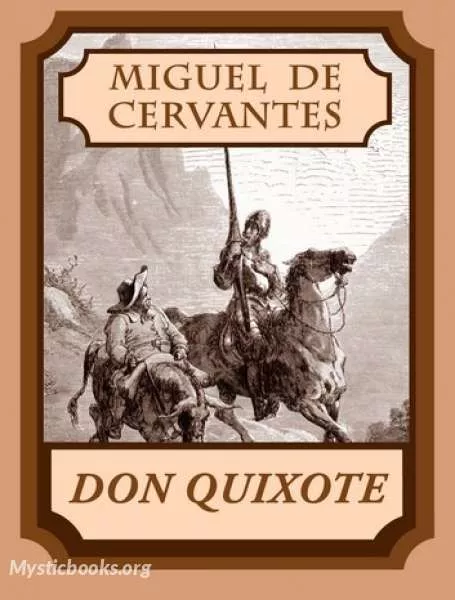
Don Quixote Vol. 2
by Miguel de Cervantes Saavedra
'Don Quixote Vol. 2' Summary
Part 2
Although the two parts are now published as a single work, Don Quixote, Part Two was a sequel published ten years after the original novel. While Part One was mostly farcical, the second half is more serious and philosophical about the theme of deception and "sophistry". Opening just prior to the third Sally, the first chapters of Part Two show Don Quixote found to be still some sort of a modern day highly literate know-it-all, knight errant - Sancho his squire, however.
Part Two of Don Quixote explores the concept of a character understanding that he is written about, an idea much explored in the 20th century. As Part Two begins, it is assumed that the literate classes of Spain have all read the first part of the story. Cervantes' meta-fictional device was to make even the characters in the story familiar with the publication of Part One, as well as with an actually published, fraudulent Part Two.
The Third Sally
When a Duke and Duchess encounter the duo they already know their famous history and they themselves "very fond" of books of chivalry plan to "fall in with his humor and agree to everything he said" in accepting his advancements and then their terrible dismount setting forth a string of imagined adventures resulting in a series of practical jokes. Some of them put Don Quixote's sense of chivalry and his devotion to Dulcinea through many tests. Pressed into finding Dulcinea, Sancho decides they are both mad here but as for Don Quixote, "with a madness that mostly takes one thing for another" and plans to persuade him into seeing Dulcinea as a "sublimated presence" of a sorts. Sancho's luck brings three ragged peasant girls along the road he was sitting not far from where he set out from and he quickly tells Don Quixote that they are Dulcinea and her ladies-in-waiting. When Don Quixote only sees the peasant girls, Sancho pretends (reversing some incidents of Part One) that their derelict appearance results from an enchantment for Sancho is perceiving it as he explained. Don Quixote's lack of conviction in this matter results in "Sancho, the rogue" having "nicely befooled" him into thinking he'd met Dulcinea, delivered by Sancho. Don Quixote then has the opportunity to purport that "for from a child I was fond of the play, and in my youth a keen lover of the actor's art" while with players of a company and for him thus far an unusually high regard for poetry when with Don Diego de Miranda, "She is the product of an Alchemy of such virtue that he who is able to practice it, will turn her into pure gold of inestimable worth" "sublime conceptions". Don Quixote makes to the other world meeting enchanted people, at return reversing the timestamp of the usual event and with a possible apocryphal example. As one of his deeds, Don Quixote joins into a puppet troop, "Melisendra was Melisendra, Don Gaiferos Don Gaiferos, Marsilio Marsilio, and Charlemagne Charlemagne."
Having created a lasting false premise for them, Sancho later gets his comeuppance for this when, as part of one of the Duke and Duchess's pranks, the two are led to believe that the only method to release Dulcinea from this spell (if among possibilities under consideration, she has been changed rather than Don Quixote's perception has been enchanted - which at one point he explains is not possible however) is for Sancho to give himself three thousand three hundred lashes. Sancho naturally resists this course of action, leading to friction with his master. Under the Duke's patronage, Sancho eventually gets a governorship, though it is false, and he proves to be a wise and practical ruler although this ends in humiliation as well. Near the end, Don Quixote reluctantly sways towards sanity.
The lengthy untold "history" of Don Quixote's adventures in knight-errantry comes to a close after his battle with the Knight of the White Moon (a young man from Don Quixote's hometown who had previously posed as the Knight of Mirrors) on the beach in Barcelona, in which the reader finds him conquered. Bound by the rules of chivalry, Don Quixote submits to prearranged terms that the vanquished is to obey the will of the conqueror: here, it is that Don Quixote is to lay down his arms and cease his acts of chivalry for the period of one year (in which he may be cured of his madness). He and Sancho undergo one more prank by the Duke and Duchess before setting off.
Upon returning to his village, Don Quixote announces his plan to retire to the countryside as a shepherd, but his housekeeper urges him to stay at home. Soon after, he retires to his bed with a deathly illness, and later awakes from a dream, having fully recovered his sanity. Sancho tries to restore his faith, but Quixano (his proper name) only renounces his previous ambition and apologizes for the harm he has caused. He dictates his will, which includes a provision that his niece will be disinherited if she marries a man who reads books of chivalry. After Alonso Quixano dies, the author emphasizes that there are no more adventures to relate and that any further books about Don Quixote would be spurious.
Book Details
Language
EnglishOriginal Language
Early Modern SpanishPublished In
1615Authors
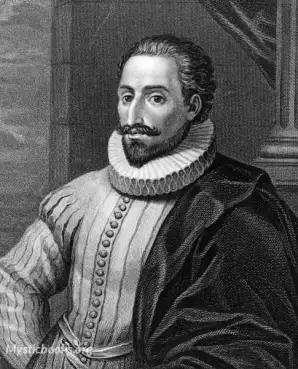
Miguel de Cervantes Saavedra (29 September 1547 – 22 April 1616 ) was a Spanish writer widely regarded as the greatest writer in the Spanish language, and one of the world's pre-eminent no...
Books by Miguel de Cervantes SaavedraDownload eBooks
Listen/Download Audiobook
Related books
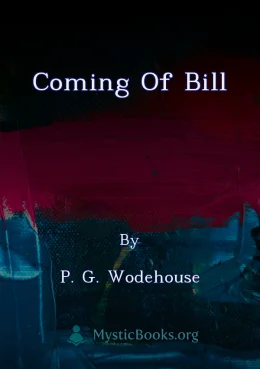
Coming of Bill by P. G. Wodehouse
Ruth Delane is a beautiful and wealthy young woman who falls in love with Kirk, a charming but penniless artist. Despite the objections of her father...

Anna Karenina (Dole translation) by Leo Tolstoy
Anna Karenina is a complex and enduring novel exploring themes of love, societal constraints, and the search for meaning in life. Set against the back...

Desperate Remedies by Thomas Hardy
Desperate Remedies explores the complexities of love, duty, and social constraints in Victorian England. Cytherea Graye, a young woman of humble origi...
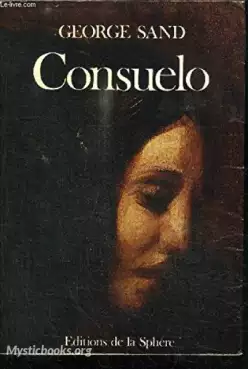
Consuelo by George Sand
It tells the story of Consuelo, a young woman from Venice who is torn between her duty to marry for wealth and status, and her love for a musician nam...

Third Person by Henry James
The Third Person is a humorous tale that pokes fun at ghost story conventions. Two elderly sisters, competitive in their interest in the supposed ghos...
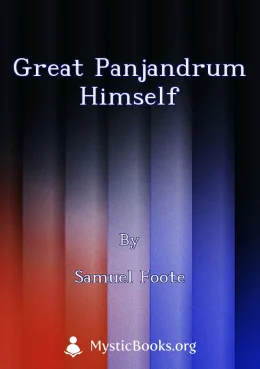
Great Panjandrum Himself by Samuel Foote
Samuel Foote's *The Great Panjandrum Himself* is a satirical and comedic work that parodies the grandiloquent style of writing prevalent in the 18th c...
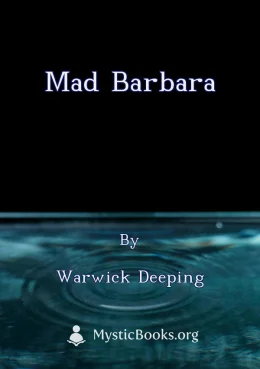
Mad Barbara by Warwick Deeping
Set in late 18th century England, 'Mad Barbara' follows Barbara, a young woman grappling with the aftermath of her father's murder. Haunted by grief...
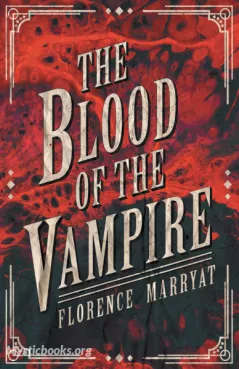
The Blood of the Vampire by Florence Marryat
It is a Gothic novel that tells the story of Harriet Brandt, a beautiful but mysterious woman who possesses supernatural powers. Published in 1897, th...
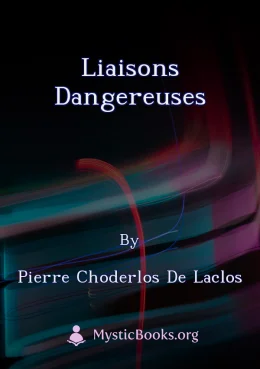
Liaisons dangereuses by Pierre Choderlos de Laclos
D'amants qu'ils étaient, le Vicomte de Valmont et la Marquise de Merteuil sont restés complices dans leurs projets de liaisons et confidents dans leur...
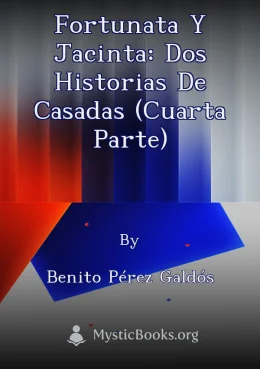
Fortunata y Jacinta: dos historias de casadas (Cuarta Parte) by Benito Pérez Galdós
Fortunata y Jacinta es una novela épica que explora las complejidades del amor, el matrimonio y las desigualdades sociales en la España del siglo XIX....
Reviews for Don Quixote Vol. 2
No reviews posted or approved, yet...